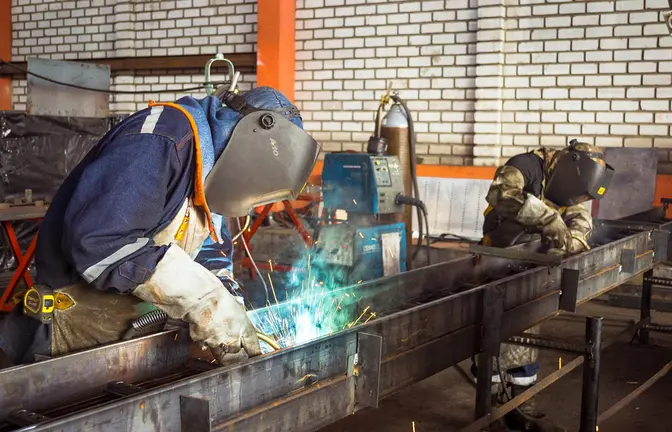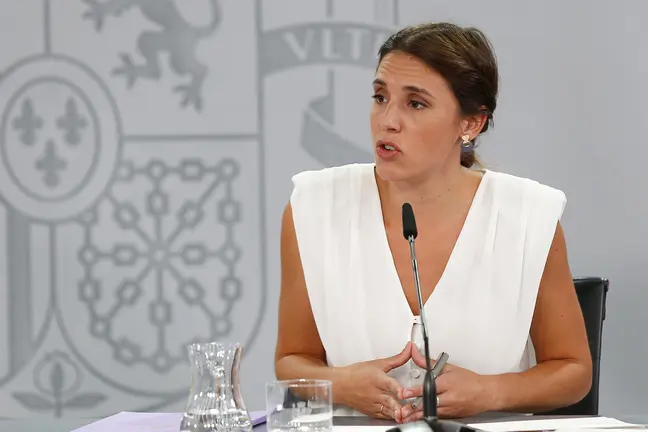Lee Jae Yong, the de facto head of Samsung's corporate empire, was released from prison early, seven months after being jailed for corruption, according to South Korean media reports Friday.
The 53-year-old offered a public apology as he left a detention centre in Uiwang, 25 kilometres south of the capital Seoul, where his supporters, as well as protesters, had been waiting for the tycoon to emerge.
"I apologize for causing people great concern," Lee said in brief remarks to reporters cited by the South Korean news agency Yonhap. "I am well aware of those concerns, criticisms and expectations of me."
Lee was released along with more than 800 other prisoners on Friday, to mark Liberation Day, which falls on Sunday.
The move reduces Lee's two-and-a-half year sentence by nearly a year.
However he will not be able to resume his post immediately, as he has not been pardoned, but remains subject to a five-year restriction against working for companies directly linked to criminal offences, according to local media reports.
There is speculation in South Korea that the Justice Ministry might grant him an exemption at some point.
Justice Minister Park Beom Kye has said that the decision to grant Lee early parole was made in consideration of the country's economic situation.
Most people responding to a poll carried out in July spoke out in favour of his parole, although many civil organizations opposed the move.
Corruption scandal
The case dates back to a corruption scandal involving former South Korean president Park Guen Hye.
According to the verdict in the case, Samsung provided funding to political interests of a presidential confidante in exchange for political support for a merger of Samsung subsidiaries, which prosecutors say would have tightened the Lee family's control of the company.
Prosecutors say the bribes amounted to about 30 billion won (27.1 million dollars).
The charge first came to light in 2016, leading to Lee's arrest. At the time, Lee was sentenced to five years in prison, but was released after a year when his sentence was reduced to probation. However, the charges were later revived, leading to the detention from which he was freed on Friday.
South Korea's Liberation Day marks the end of Japanese colonial rule, which ran from 1910 to 1945. Leaders often grant amnesties or pardons on this date.










